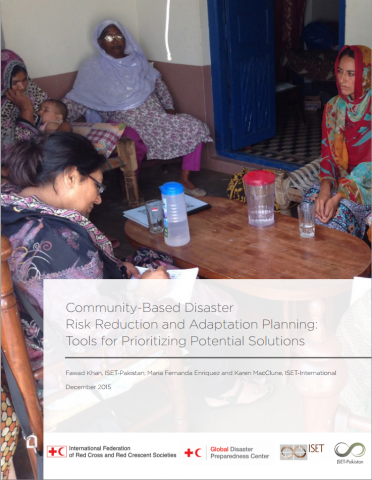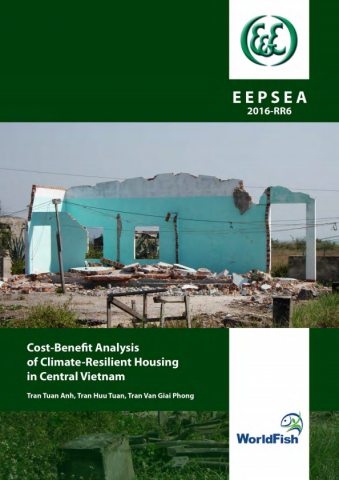Assessing economic impacts of hosting refugees: conceptual, methodological and ethical gaps
This paper from the Refugees Studies Centre, University of Oxford explores a variety of approaches used to assess and measure the economic impact of refugees on their host communities and states and highlights some alternative approaches to understanding and assessing the impact of hosting refugees. Source: Refugees Studies Centre, University of Oxford, 2015


